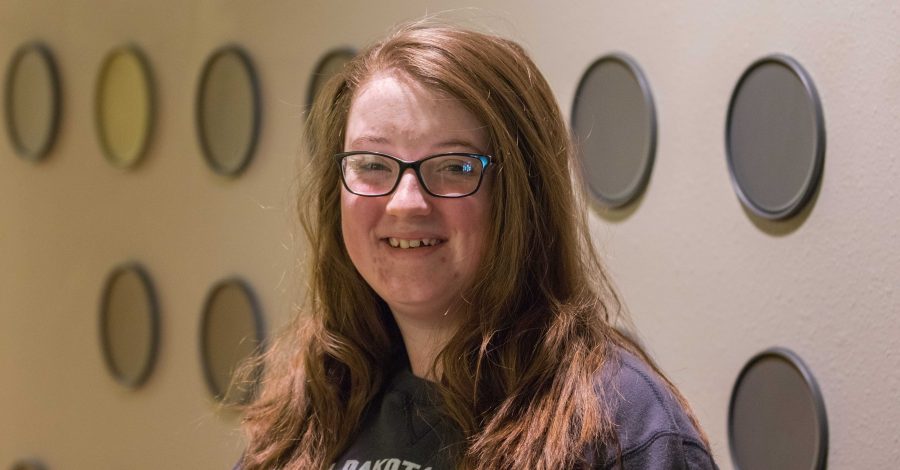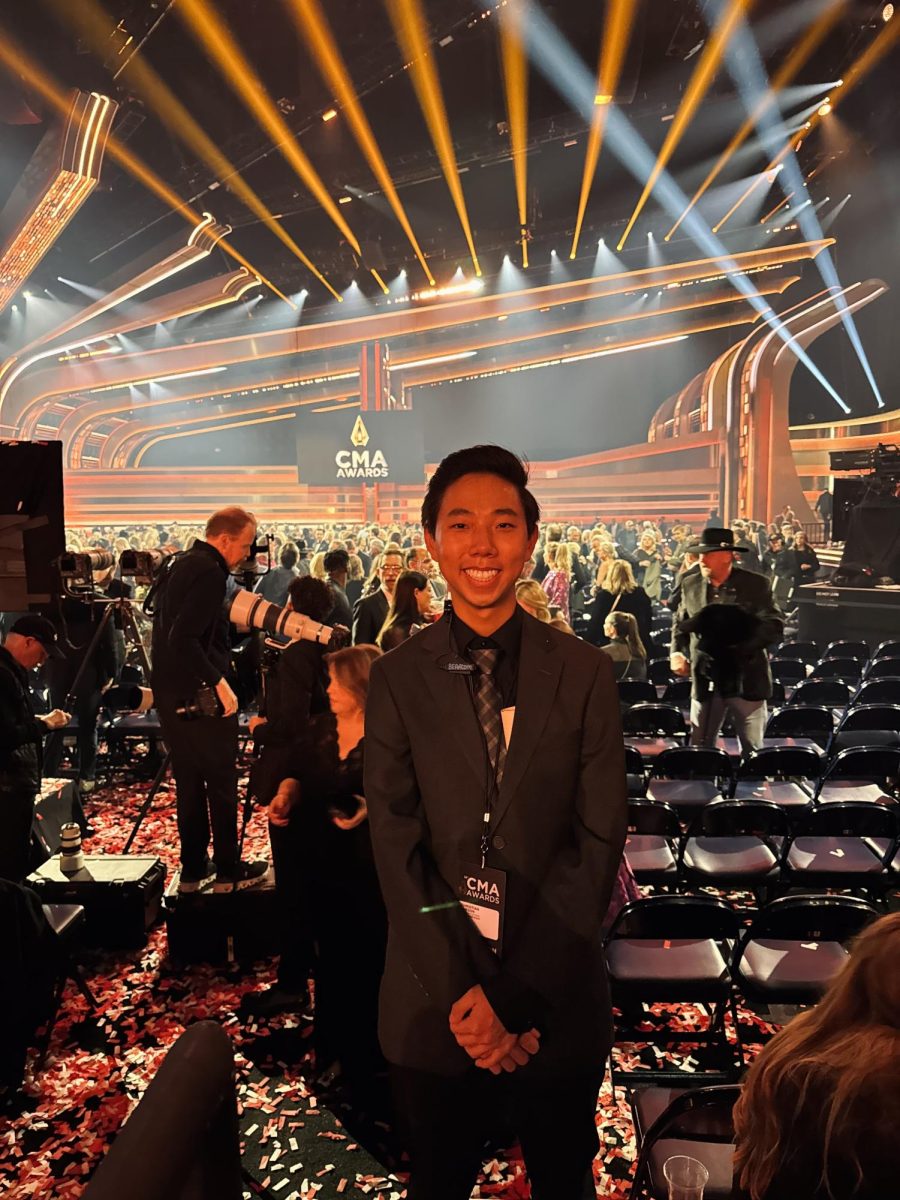It seems to me that resorting to victim shaming happens when people don’t want to accept the reality of tragic events because it makes them feel threatened.
American gymnast and two-time Olympian Aly Raisman has spoken out again on the topic of sexual assault. This time, victim shaming came up during a TODAY interview with Rheana Murray. She discussed her personal experiences with being shamed into fault.
“I was recently asked if gymnasts should continue wearing leotards. Leotards are not the problem,” Raisman said. “The problem is the many pedophiles out there and the adults who enable them. By saying clothing is part of the issue, you are victim shaming or implying survivors should feel it’s their fault.”
In light of the recent mass shooting in Parkland, Florida, and the national school walkouts, a movement has begun of people continuing to perpetuate victim shaming by encouraging those expressing their rights to “walk up to a lonely kid at school instead of walking out.”
Blame continues to be placed on Parkland survivors with conspiracies about the traumatic bullying of Nikolas Cruz, the confessed shooter, and others blaming their emotions and grieving states on their want to make a difference in the world.
Now, I am not saying kindness can’t be impactful on those with violent tendencies, but in the world we live in the problems that cause these types of atrocities are far more complex. Kindness is not enough.
Parkland student Isabelle Robinson reminded the world that kindness had no effect on Cruz’s violence and blaming victimized teens for “not being nicer” is a deeply dangerous sentiment.
After being stabbed with a pen and beaten so badly I fractured my cheek bone by a girl I knew fairly well my senior year of high school, I can personally relate to people blaming me for not being patient with her.
I’ve realized you can be kind, check in with them frequently and give them a friend, but when undiagnosed mental health issues come into play, you are far from in control of their actions and outbursts. Children shouldn’t be held responsible for the actions of their classmates.
Dana Loesch, spokeswoman of the National Rifle Association continues to mud-sling Parkland teens for their emotion-filled rhetoric. Instead, she could be civilly disagreeing and focusing on the issues she told the Parkland CNN Town Hall her organization wishes to fix in the future.
This type of shaming will never fix the totality of a problem.
Victim shaming happens daily in our world when victims of assault, violent crime, domestic violence and other crimes come forward to speak about their experiences.
Dr. Melvin Lerner theorized these victim-blaming tendencies are rooted in the belief in a just world, a world where actions have predictable consequences and people can control what happens to them.
People hate to feel vulnerable and when bad things happen to innocent people the feeling of being unsafe grows, people feel out of control, thus blaming innocent victims because they now feel like they can’t control what happens to them in the world.
Shifting blame puts a halt on the process of making any real changes and enables the idea that the victims truly played a role in failing to prevent the violent action that happened to them.
In all reality, victim shaming doesn’t remove the vulnerability a person may feel, it only removes culpability from the real root of a problem — the real person or thing that should be held responsible.
Natalie Hilden is the Opinion Editor at The Collegian and can be reached at
nhilden@sdsucollegian.com.



















